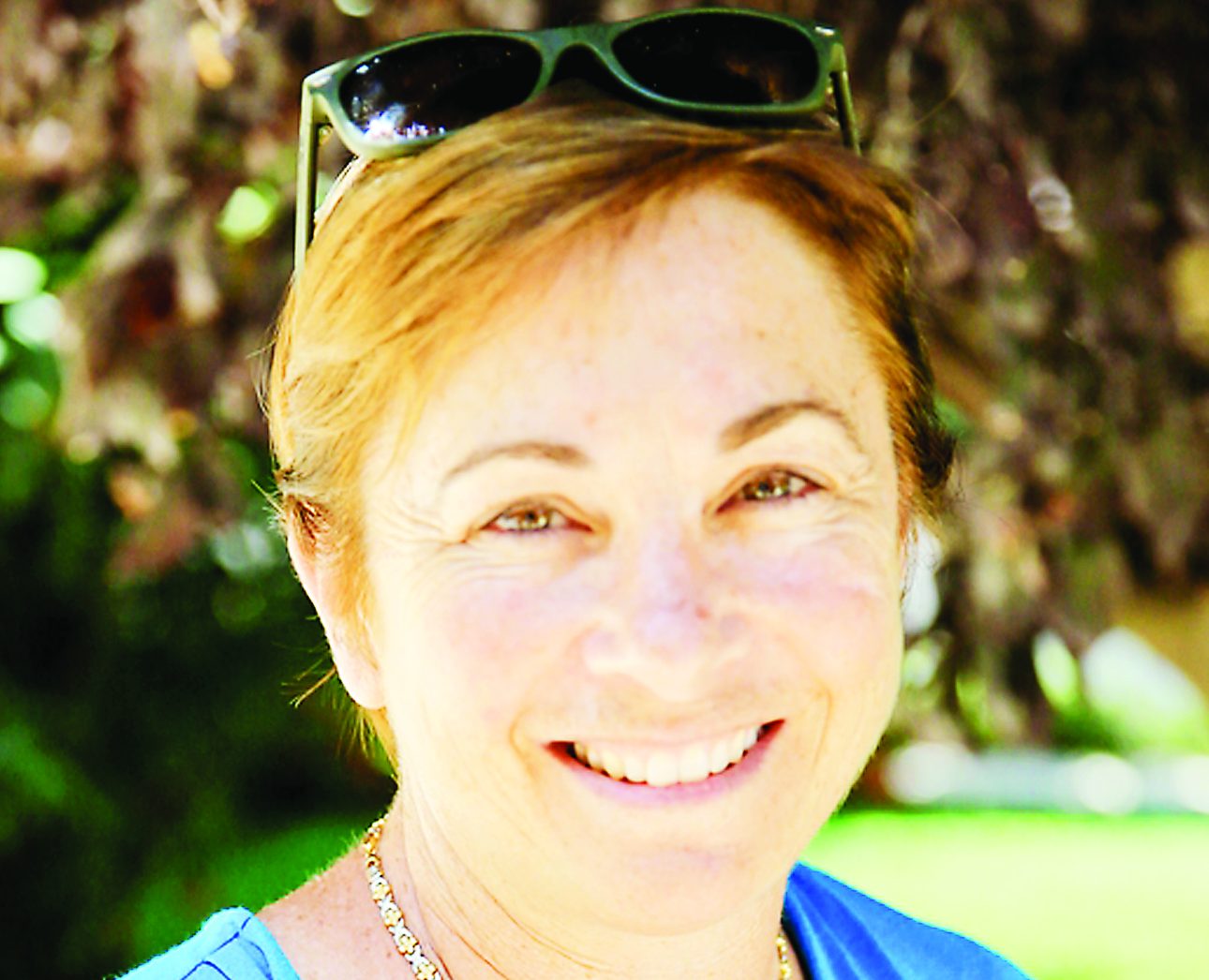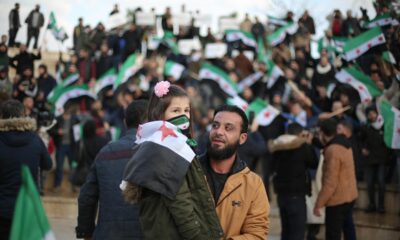
Featured Item

Never a dull moment in Middle East 2020
As if the Middle East wasn’t already complicated enough, the events of 2020 have added yet another dimension of complication to the region. Historic peace treaties, assassinations, and COVID-19 have all had a considerable hand in shaping the realities of Israel and her neighbours, and it’s only August.
Such was the overview offered by Miri Eisin this past Saturday night, 22 August, at a Taste of Limmud. A retired Israeli colonel and expert in security, intelligence, and diplomacy, Eisin offered her virtual audience a sweeping summation of the Middle East’s version of war and peace as it has unfolded over the past few months.
“We’re only in August,” she said. “In January, we saw the assassination of the commander of the Al Quds force, Qasem Soleimani. Now, we’ve watched as the United Arab Emirates (UAE) signed a historic peace deal with Israel, making travel to various countries for Israelis possible after years of being forbidden.
“What has changed so dramatically in 2020 that brought about two very different events?”
In order to understand the shift, we need to grapple with the broader events which have had an impact on the Middle East, Israel, and its Arab neighbours, Eisin said. Aspects such as COVID-19, regional conflicts, demographic changes, and local politics have all had a hand in shaping this new state of affairs.
“In the Middle East of 2020, the biggest change is in demographics, particularly the youth,” she said. “In Israel, regular secular families will have three to five children. Egypt has more than 65 million citizens under the age of 40. Across the Middle East, the majority of the population is under the age of 25.”
Roughly half this young population wants to live in the UAE, its attractions being job stability, a vibrant Arab culture, prestige, and Arab pride.
“The UAE is the primary country which the youth of the region want to move to,” says Eisin. “Even before COVID-19, the majority of the youth was unemployed, and the situation has only worsened. They are looking at the UAE as the one place where they can grow.”
Another major factor shaping developments in the region is religion, an area where COVID-19 has also had a considerable impact.
“The pandemic has affected the way the Arab countries look at Islam and their priorities,” said Eisin. “It’s not just about religion and belonging anymore. The Haj pilgrimage to Mecca which typically sees millions of people every year is a prime example, with the holy sites closed off because of the virus. We saw only 10 000 people enter a religious site which would typically hold three million.”
Saudi Arabia was responsible for the mass closures, having an impact on the lives of tens of millions of Muslims from around the world, not just in the Middle East.
Said Eisin, “This is an issue of war and peace. The events of COVID-19 and the move of Saudi Arabia affected millions. When it stopped the Haj, it didn’t just affect Saudis but every Muslim globally. One kingdom affected an entire religious arena.”
Add to the mix failing governments across the Arab world, and an even more complicated picture emerges.
“Several Arab state leaders have failed at governance,” said Eisin. “When I say failed, I mean they have created no jobs for youth, nor contended with COVID-19. The only Arab state which has really delivered is the UAE, making the recent peace treaty even more interesting.
“Syria is still a warzone, with refugees still existing in 2020. While we may think that the Islamic State has vanished, it still exists, and COVID-19 has made matters worse. Most of its operatives in Syria dispersed after the physical territorial destruction of ISIS and went home to countries in Europe, Africa, and Asia. They’ve had plenty of time sitting at home during lockdown to find their voices again. They are re-emerging.”
The Syrian issue also raises the complex matter of Lebanon’s role in the region, along with the involvement of Hezbollah’s Hassan Nasrallah, whose charisma and eloquence have left their mark on 2020 as well.
“Hezbollah has been rebranding itself for the past 20 years, and it’s coming out now in 2020,” said Eisin. “However, it’s doing things that don’t add up.
“Hezbollah has been at the forefront of Shiite revolution, leading the charge as far as Indonesia, Malaysia, and the Philippines. At the same time, it has chosen to involve itself in the Lebanese government politically and even hold the health portfolio, making it responsible for the Lebanese response to COVID-19.
“Is Nasrallah a Lebanese political head tasked with medical intervention or the leader of the Shiite revolution? This is a horrific combination of incompetence and identity crisis. Who does Hezbollah want to be?”
Iran is no simple matter either, Eisin said.
“Iran isn’t only exporting arms, know-how, and wars, it’s exporting COVID-19 as well,” she said. “The number of virus deaths in Iran has surpassed 20 000. It has been at the epicentre of exporting COVID-19 within the greater Middle East.”
Sadly, not even a pandemic can encourage the Palestinian Authority (PA) to change its approach to Israel. In spite of the war against COVID-19, the PA has ceased all co-ordination with Israel. This is really about cutting your nose to spite your face,” said Eisin. “They wouldn’t accept medical supplies from the UAE because they came through an Israeli port. Instead, they’ve chosen to respond with a spike in terror incendiary balloon attacks.
“You’d think we’d all have something in common because of the virus, but that’s evidently not the case here.”
All of these factors collectively suggest that in a world of war and peace, things aren’t always easy, nor are they clear.
“When we look at the greater Middle East in 2020, we see many different layers and dimensions coming together,” Eisin said. “We’re seeing the UAE signing a peace treaty with Israel as the Jewish state stands up to Turkey and Iran. We’re seeing Jews in Israel receive a Shabbat shalom message from the government of the UAE for the first time ever.”
The Middle East of 2020 is certainly made up of extremes – and the year isn’t over yet.










